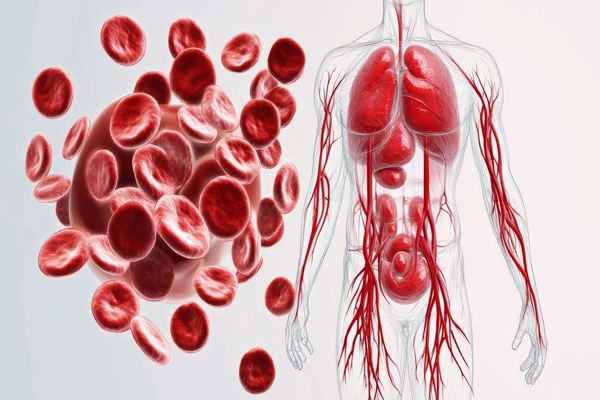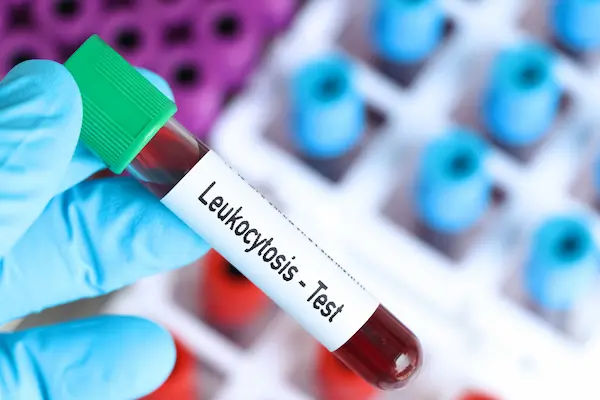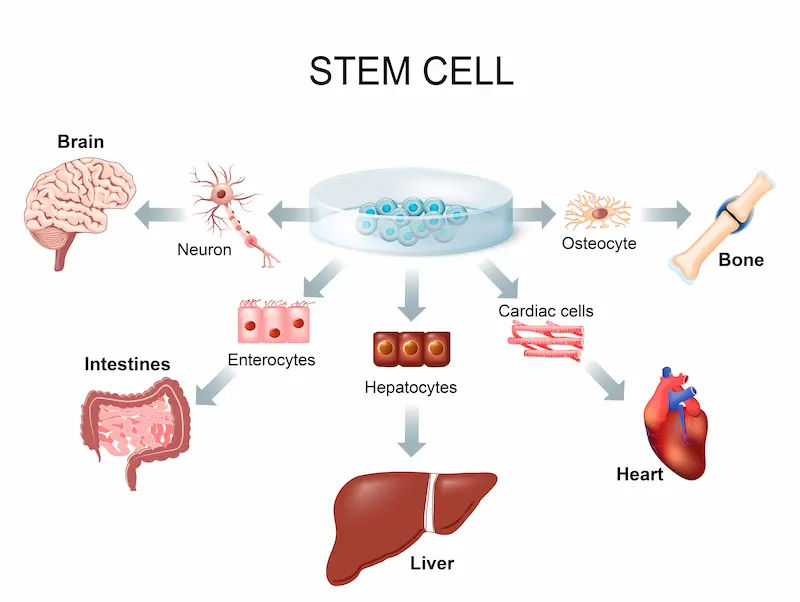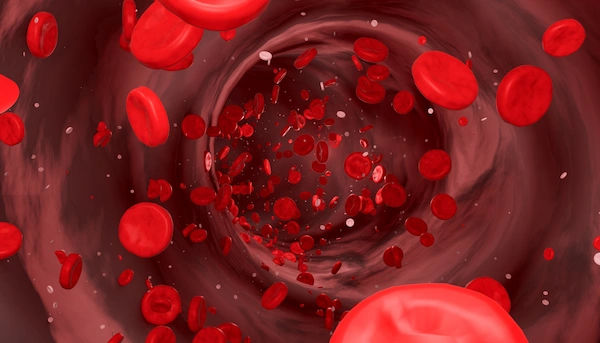- Male
- 33 Years
- 29/01/2025
I'm looking at my blood work results and I have a few concerns. It mentions predominantly normocytic normochromic with ovalocytes, and the platelets seem adequate on the smear. There's a bunch of numbers too: WBC is 8.74, Neutrophils are 59.7, Lymphocytes 34.9, Monocytes 2.5, Eosinophils 2.4, and Basophils 0.2. Then it lists the absolute counts like Neutrophil absolute count at 5.22 and Lymphocyte absolute count at 3.05. My RBC is 5.24 and Haemoglobin is 15.5. Platelet count is 155, with some measurements called PDW at 18.2, MPV at 12.8, and PLCR at 46.1. Is there something here to be cautious about? Do I need any treatment or should I be focusing on anything specific regarding these results? I'm not on any medications at the moment.
Answered by 1 Apollo Doctors
Low HB (9.8) and RBC (3.89) indicate anemia.
High ESR (88) suggests inflammation or infection.
Possible causes:
- Chronic infection (e.g., TB, osteomyelitis)
- Autoimmune disorders (e.g., rheumatoid arthritis, lupus)
- Chronic inflammatory diseases (e.g., Crohn's, ulcerative colitis)
- Malignancies (e.g., lymphoma, multiple myeloma)
Consult a hematologist or a general physician to:
- Investigate underlying causes
- Conduct further tests (e.g., iron studies, vitamin B12, folic acid)
- Develop a treatment plan
Dr. Dhankecha Suggests...
Consult a Haematologist
Answered 04/07/2025
0
0

More Haematology Health Queries
View allI'm dealing with a really low hemoglobin level, it's currently at 4. I'm quite concerned about this and unsure what to do next. I don't have any other health issues though. Can you suggest what steps I should take?
Visit your Physician for evaluation and appropriate management
Answered by 1 Apollo Doctors
I'm dealing with this condition called ITP, idiopathic thrombocytopenic purpura, and it's been about a month now. Initially, I had treatment with single donor platelets, 3 units, but they didn't work for me. After that, the doctor gave me 5 units of IV immunoglobulins, which brought my platelet count up to 80,000. But now, it's fallen back to 28,000. I'm really worried about this drop. Can you explain why this might be happening and what other treatments or steps I should consider?
consult general physician
Answered by 1 Apollo Doctors
So I recently got my blood test results back and a few things are standing out to me. My ESR is at 36, my hemoglobin is low at 10, and my eosinophils are at 7. Everything else seems to be within the normal range. I'm just wondering if there's something I should be concerned about or if there's any specific reason for these levels?
Congratulations on recovering from chickenpox. _Chicken Consumption After Chickenpox_ There's no specific restriction on consuming chicken after chickenpox. The name "chickenpox" is a misnomer, and the virus is not related to chickens. _Non-Spicy Chicken Soup_ You can have non-spicy chicken soup 24 days after the onset of chickenpox, as your blisters have dried up. _Pimples on Forehead_ The small pimples on your forehead might be a residual effect of the chickenpox virus or a separate skin issue. Monitor them, and if they persist or worsen,
Answered by 1 Apollo Doctors
Disclaimer: Answers on Apollo 247 are not intended to replace your doctor advice. Always seek help of a professional doctor in case of an medical emergency or ailment.





